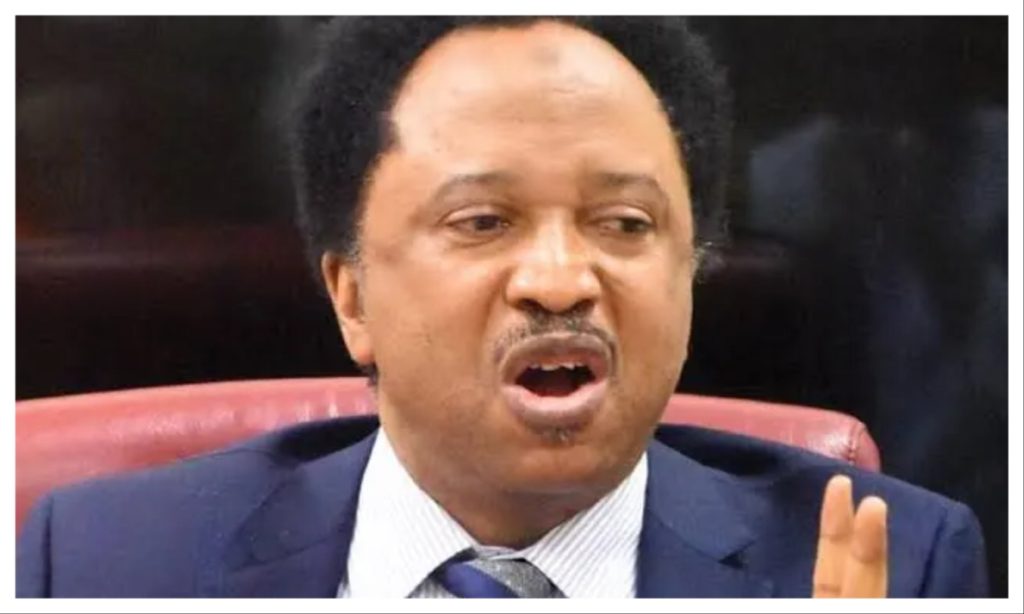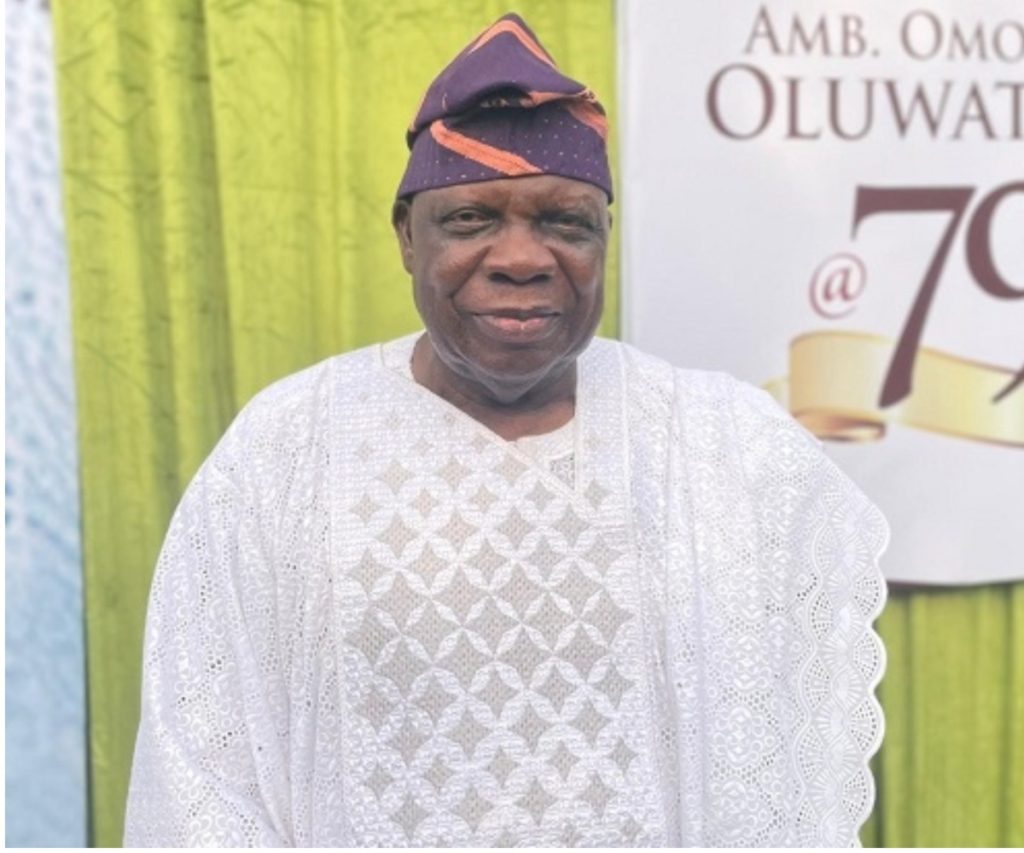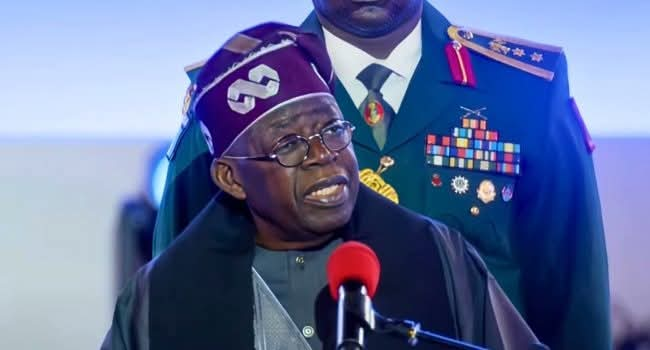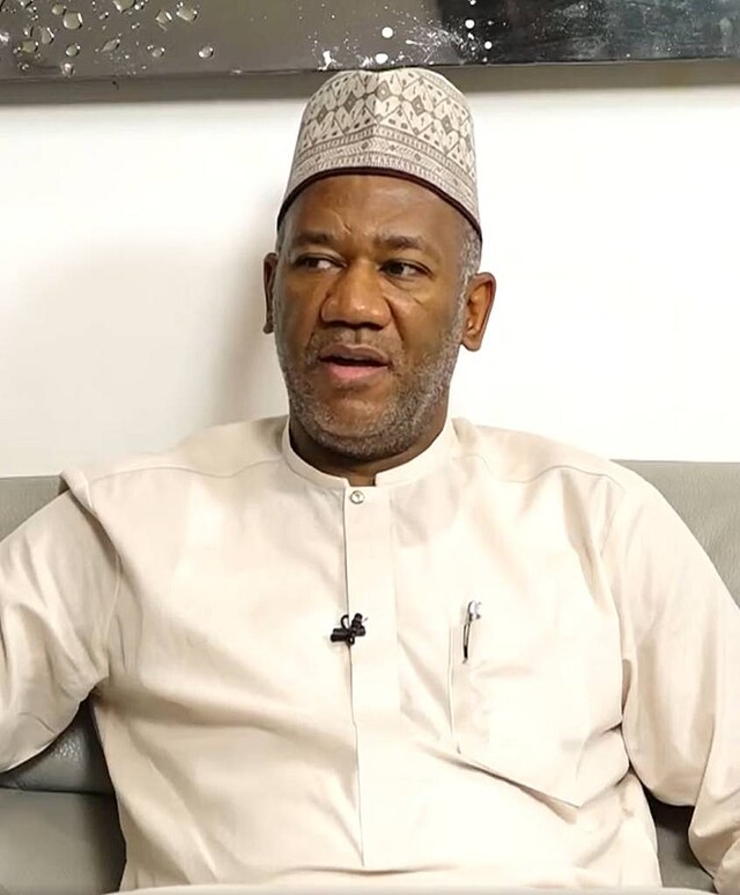Chief Chekwas Okorie, a prominent elder statesman and coordinator of the Igbo Agenda Dialogue, has expressed concerns about the feasibility of creating a new state in Nigeria. According to Okorie, the 1999 constitution poses significant hurdles to the creation of new states, making it a highly challenging task. He drew an analogy, stating that it is easier for a camel to pass through the eye of a needle than for a new state to be created under the current constitutional framework.
During a meeting of the Igbo Agenda Dialogue in Abuja, Okorie highlighted the difficulties in amending the constitution, particularly with regards to addressing the issue of lopsidedness in the country. He cited the example of the National Conference held after the Sani Abacha administration, where recommendations were made to divide Nigeria into six geopolitical zones. However, these recommendations were later altered and removed from the document by a subsequent committee.
Okorie noted that despite the existence of six geopolitical zones, they are only referred to when it is convenient for the government. He emphasized that the zones do not have a constitutional basis, which limits their effectiveness. The Igbo people, according to Okorie, have made significant efforts to address the issue of restructuring and amending the constitution, but their efforts have been met with a lack of sincerity from the government.
The 1999 constitution, imposed by the government of Gen. Abdulsalami Abubakar, contains provisions that make it difficult to create new states or alter local government structures. Okorie cited the example of the current President, who, as Governor of Lagos State, attempted to create new local governments, but was thwarted by the then-President Obasanjo. The seizure of state allocations that followed this attempt underscores the challenges faced by those seeking to reform the country’s administrative structures.
Okorie’s comments highlight the complexities and challenges involved in creating new states or amending the constitution in Nigeria. The issue of lopsidedness and the need for restructuring remain pressing concerns, and Okorie’s statements emphasize the need for a more sincere and concerted effort to address these challenges. As the country continues to grapple with these issues, the comments of Chief Okorie serve as a reminder of the need for meaningful reform and the difficulties that must be overcome to achieve it.



